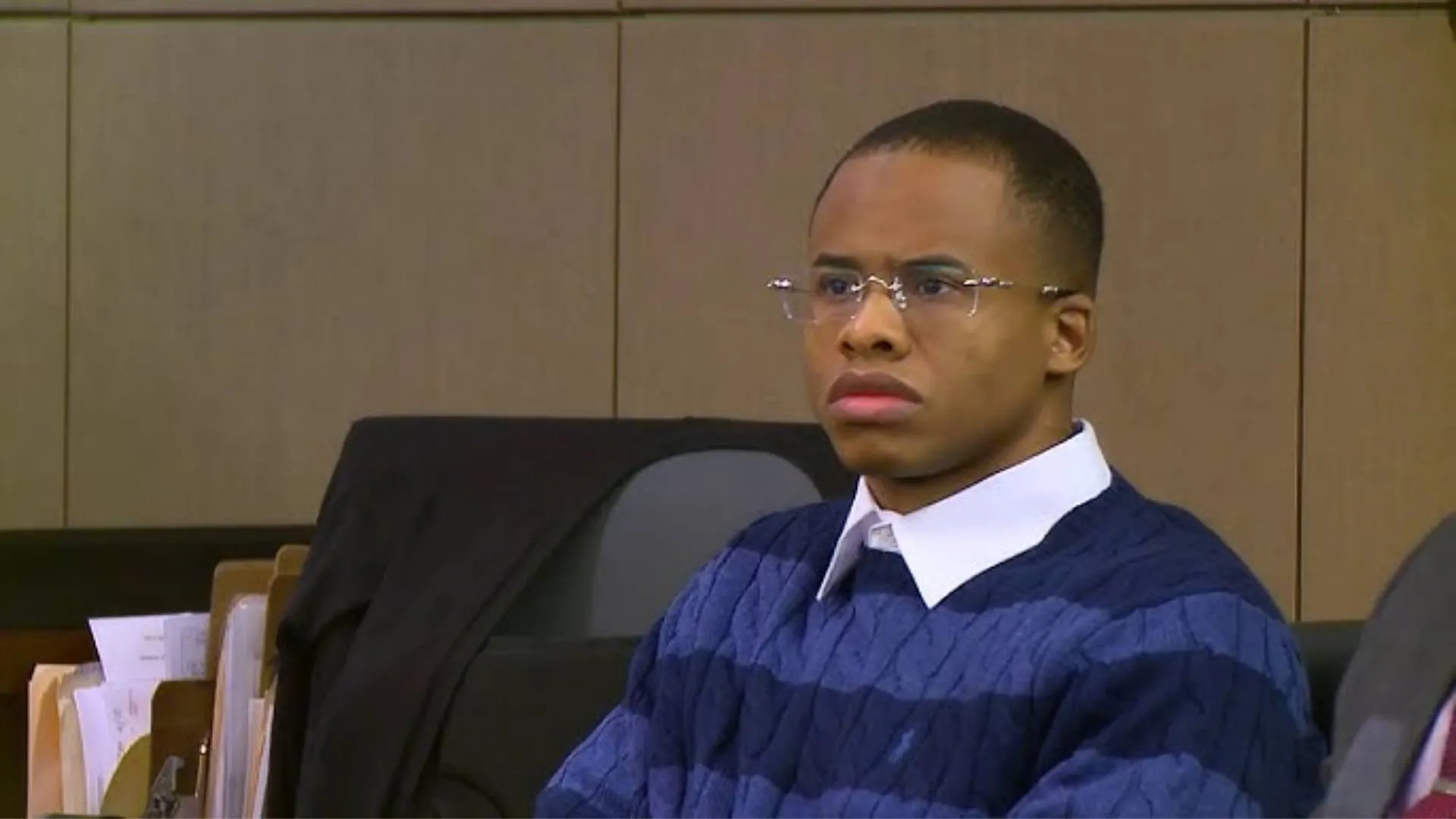Dr. Manmohan Singh’s tenure as India’s Prime Minister and Finance Minister reflects the journey of a man who quietly yet firmly steered the nation through turbulent times. As news of his passing at the age of 92 spread, India reflects on the life of an economist-turned-politician whose vision redefined the country’s trajectory.
The Sardar of Reforms
In 1991, amidst a balance-of-payments crisis, Manmohan Singh emerged as the architect of India’s economic liberalization. Serving as Finance Minister under Prime Minister Narasimha Rao, Singh dismantled the license-permit raj, opening India’s economy to the world. His policy measures, including rewriting industrial policies and presenting a landmark budget, laid the foundation for India’s rise as a global economic powerhouse.
Despite criticism from protectionist quarters, Singh’s focus remained unwavering. The reforms ushered in a new era, making India a magnet for foreign investments and strengthening its middle class. Today’s global recognition of India as a serious economic player can be traced back to Singh’s transformative policies.
The Reluctant Politician
Singh’s ascension to the Prime Ministership in 2004 was serendipitous. When Congress won a surprise victory over the BJP, Sonia Gandhi’s decision to step aside paved the way for Singh. Loyal to the Gandhi family yet fiercely independent in governance, Singh took charge with a quiet determination.
His leadership during the UPA-1 era witnessed India achieving robust economic growth and landmark initiatives like the Indo-US nuclear deal. Against all odds, including opposition from within his own party and the Left Front, Singh ensured the deal’s passage, proving his political mettle.
Facing the Storm
The UPA-2 tenure, however, was marred by scandals—2G, Commonwealth, and coal allocations, among others. As his government faced relentless criticism, Singh maintained his characteristic composure, famously stating, “History will be kind to me.”
Indeed, history acknowledges his achievements beyond the controversies. Even amid cabinet rifts and political challenges, Singh’s reputation as an honest leader and his legacy as a reformist remained intact.
Internationally, Singh’s wisdom earned him admiration. US President Barack Obama once remarked, “When Dr. Singh speaks, the world listens.” During the global financial crisis, his steady hand at G20 summits underscored India’s emerging role on the world stage.
A Champion of Secularism
As a Partition refugee and member of a minority community, Singh’s commitment to secularism was deeply personal and ideological. Warning against the dangers of majoritarianism, he emphasized the importance of inclusive politics, a belief rooted in both conviction and experience.
Dr. Manmohan Singh was more than a politician; he was a statesman, an economist, and a pragmatist who balanced conviction with diplomacy. As India bids farewell to the man who liberated its economic dreams, his legacy serves as a testament to the power of quiet yet resolute leadership.
ALSO READ: Delhi Weather: National Capital Experiences Light Rain, IMD Predicts Stormy Weather Ahead























